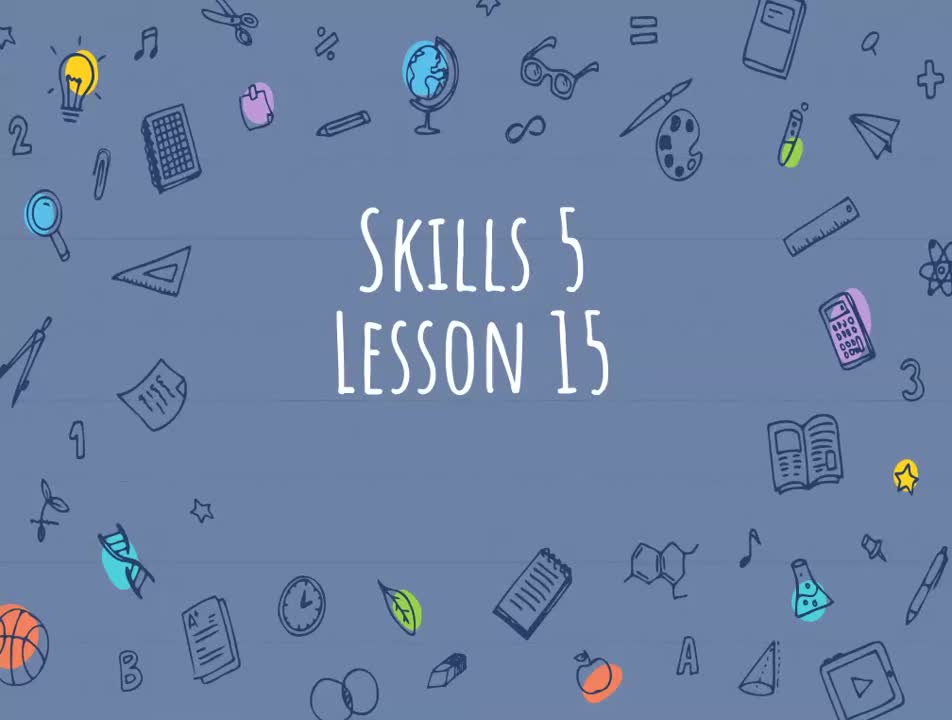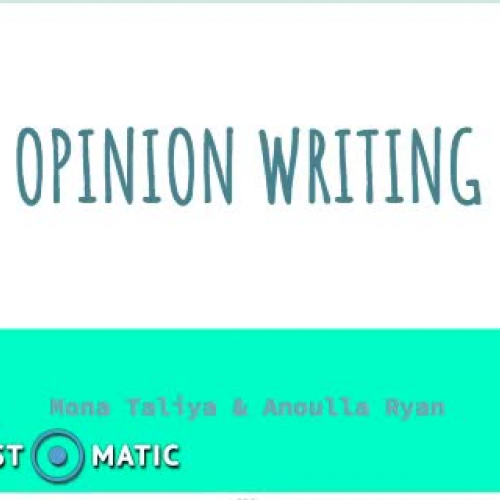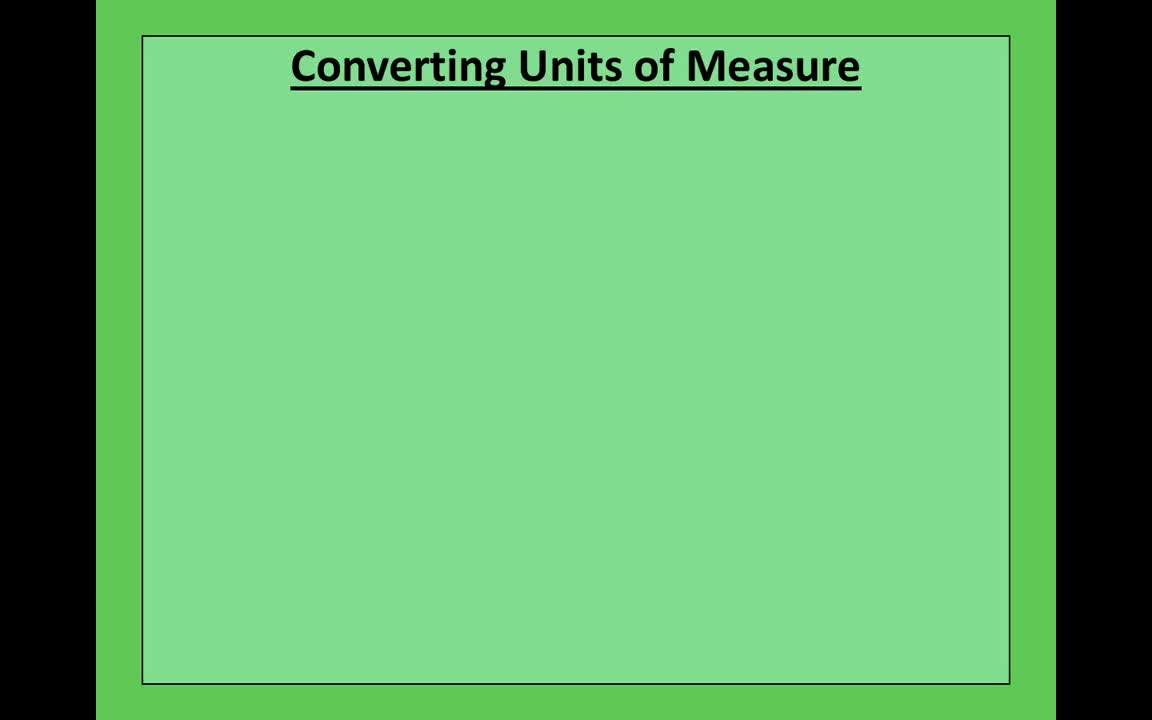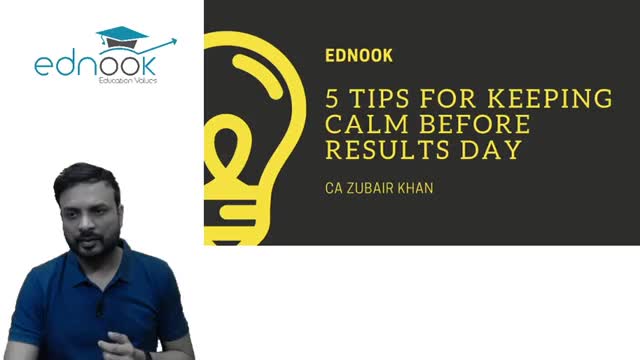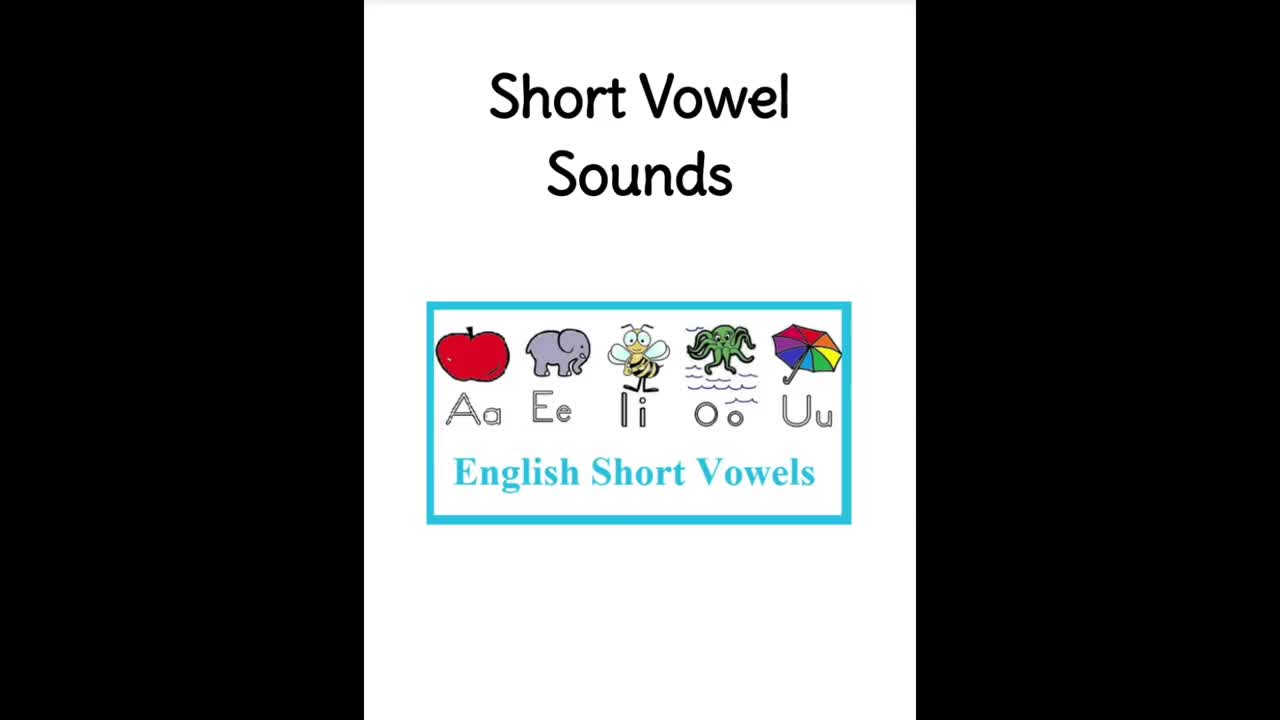Week 3- Mediums, Medis, Appeal to Emotion, Appeal to Logic
College and University / Ethics / Opinion
Week 2 Lit Terms Have you ever noticed how in TV shows and movies people make fewer mistakes when they're talking than they do in real life- and when characters in movies do make verbal mistakes it's usually becasue the film maker wanted that character to do so? Have you noticed that in these videos I never mispeak, stumble over my words, or have to stop and think about what I mean to say, even though I may do so when speaking in person? That's because films are planned, written, rehearsed, performed, and edited as part of a production before the work is ever published for you to see. The cast and crew can make mistakes and take as much time as they want to fix them. Writers of enjoy similar luxuries. Ever been insulted by someone or had a great flirting opportunity, but you didn't realize what the perfect response would be until 10 minutes later or the next day? Writers don't have that problem because they have the ability to take their time and think carefully about every word they want to write in every part of their publication. So what does that mean? It informs us as consumers of literature that most words an author uses are specifically chosen for a reason. The shorter the piece, the more significant the choice of every word. Author's don't include specific details like the color of a car by mistake. More specifically they carefully consider if it's best to describe it as blue, saphire, azure, navy, cobalt, marine, or indigo. That decision making process is called word choice. To understand the process of word choice we have to understand the difference between a word's CONNOTATION and its DENOTATION. Denotation is simple- it's what the word means. If you open up a dictionary, or type a word into a dictionary app, it's going to give you a black and white, hopefully crystal clear definition for what it means. It's the standard understood meanng of that word is so that if you're from Richmond Virginia and you cross the Atlantic Ocean to use that word in Liverpool, England, the English speakers there will know what you mean when you say it. Again, that definition is the word's DENOTATION. However, writers are often trying to communicate more than just what's happening in a story to their audience. If they want to evoke a certain feeling, or mood from their readers they need to consider what word with a similar denotation has the best CONNOTATION for what they're communicating. CONNOTATION refers to how a word makes most people feel. It's developed over how the word is popularly used and what most people associate with it over their lifetime of exposure to that word. Let's look at an example. A young man attempting to compliment a young woman may use lots of different words to express that he's attracted to her. Any of the words seen in this list have the denotation of "attractive" but they have very different connotations. Most women find it more flattering to be called "gorgeous" or "beautiful" and more objectifying to be called "hot" or "thick." That's becasue the first two words can be associated with a wide variety of positive imagery from well written poetry, to natural wonders, to the human figure, to the human mind. They have a connnotation of a more classy and sophisticated kind of attraction, whereas calling a woman "hot" or "thick" to compliment her is a more strictly sexual comment that's more objectifying than the aforementioned word choices. I HOPE YOU YOUNG MEN ARE TAKING NOTES- THIS STUFF'S IMPORTANT! Okay, now that we know what connotation and denotation are, let's talk about objective vs. subjective. When you hear the word "objective" think about an object that you can measure and weigh. Think about how a claim refering to that object can be reliably tested. If someone says a podium is 4.5 feet tall, we can test that. We can measure it it to see if their claim is accurate. If a study is done where people are surveyed for their opinions on an issue, we can examine that study. We can see how many people were asked, where they were, asked, how they were asked, and check for the multiple variables that may impact the validity of the study. So basically the adjective OBJECTIVE means you're dealing with cold hard facts. When you hear the word SUBJECTIVE, think about how different people are subject to different opinions. The claim that a podeum is 4.5 feet tall can be measured and tested, so it's an objective claim. If you were to claim that the podeum is beautiful or ugly, those are subjective claims. They vary from one person to the next and while you can argue someone's subjective opinion, there's no point to attempt to do so objectively. SUBJECTIVE refers to a matter of personal opinion. In review! Denotation is what a word means Connotation is how a word feels Objective claims are factual and testable Subjective claims are personal opinions




